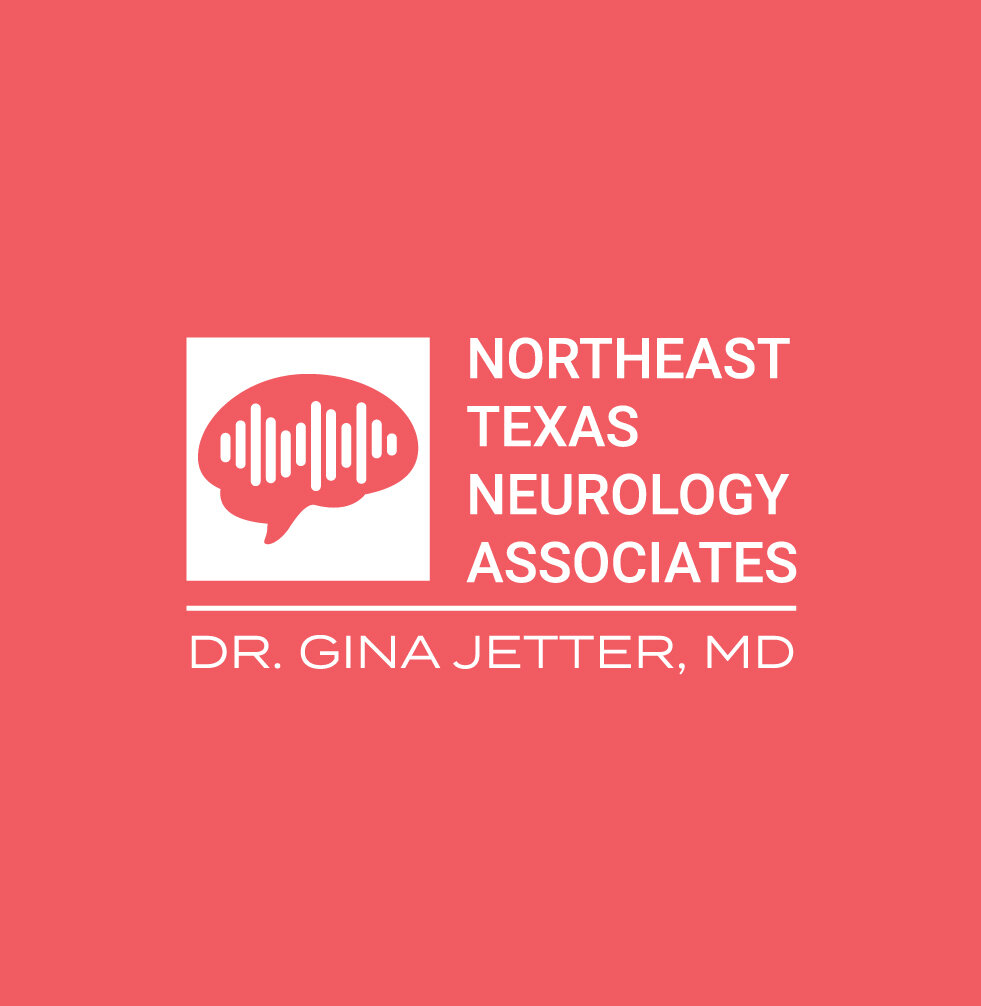Identifying Your Seizure Triggers
Sometimes it’s obvious. A head injury, drug withdrawal or a brain tumor might cause a person to have a seizure for the first time. However, there’s often no apparent reason why the brain suddenly misfires. Even if you never discover what caused seizures to start, there are factors that make one more likely to recur. Identifying these factors can help you recognize when you’re most susceptible. Northeast Texas Neurology Associates helps patients identify some of the most common seizure triggers.
What Are Triggers?
Seizure triggers are not the same thing as the cause of epilepsy. We’ll talk about that in a later post. A trigger is anything in the environment that causes a person to have a seizure. People with epilepsy associate seizures with the following:
Skipping medication doses – Regularly taking epilepsy medicine keeps steady levels in your system. Missing a dose increases seizure risk.
Sleep deprivation – College students often report seizures after a long night of cramming for tests and people of all ages associate seizures with not getting enough sleep.
Flashing lights – With photosensitive epilepsy, flickering or flashing lights and bright patterns can trigger seizures. Seizures occur while looking at strobe lights, bright stripes, even sunlight shining between trees.
Illness – Catching a cold or virus lowers your seizure threshold, especially if infection causes a fever.
Drugs and alcohol – When people with epilepsy drink more than a moderate amount of alcohol, many have seizures as the alcohol leaves their system. Some seizure medications also lower your alcohol tolerance. Many drugs also affect how the brain works. People who use drugs often forget to take prescribed medication, increasing their seizure risk.
Menstrual cycles – Some women find they have more seizures certain times of the month.
Diet – Skipping meals can cause low blood sugar. Some people are sensitive to certain foods or triggered by drinking too much caffeine.
Seizures and Stress
Stress means different things to different people, but those with epilepsy report more frequent seizures in stressful situations and life seasons. Stress causes the body to release hormones that impact the brain and nervous system.
When people feel stressed, they often change their behaviors. It’s harder to get enough rest and they might not feel like eating or making healthy nutrition choices. They might cope by drinking more alcohol than they normally would.
How to Identify Your Triggers
There’s not a trigger for every seizure, sometimes they just happen. It takes time to pinpoint the cause, because triggers might not result in a seizure every time. The best way to identify your personal triggers is to keep a journal or diary.
Use a calendar or online tool to track how much you sleep, how you feel emotionally and what you do to take care of yourself. Note missed doses of medication, illness and alcohol or drug use. If you do have a seizure, write down any unusual events or activities. Over time, patterns may begin to emerge.
Take your seizure diary when you meet with your East Texas neurologist. Northeast Texas Neurology Associates can help you find the balance between medication and healthy lifestyle choices that works for your unique situation. Get in touch to schedule an appointment today.
Meta Description: Some behaviors and environmental factors make people with epilepsy more likely to have a seizure. Learn common seizure triggers and how to avoid them from your East Texas neurology experts.
Sources:
https://www.epilepsy.com/learn/triggers-seizures/stress-and-epilepsy
https://www.epilepsy.com/learn/triggers-seizures
https://www.epilepsysociety.org.uk/seizure-triggers#.Wn8pG-jwY2w


